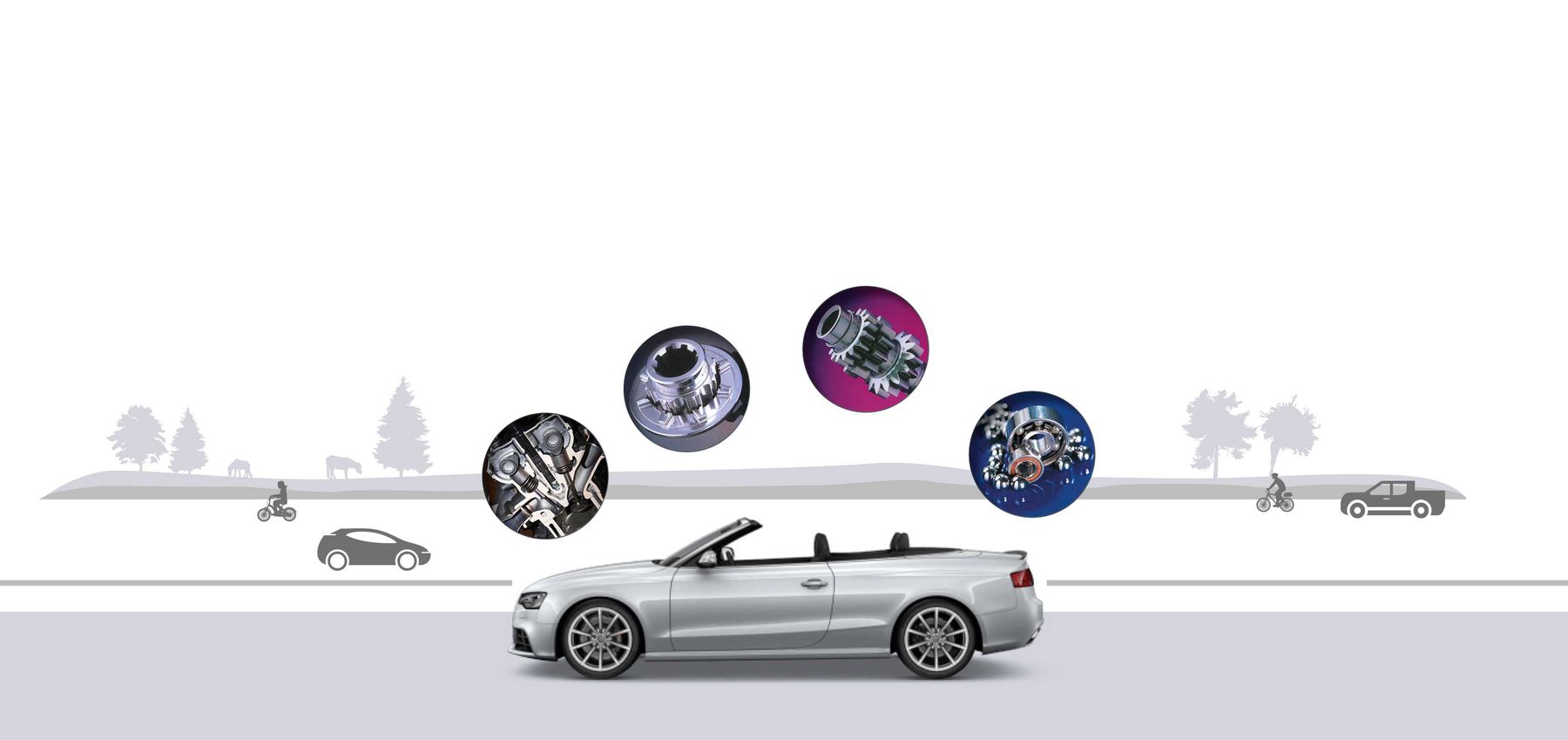
The Power of Positive Thinking for Improved Health
As an AI language model, I don’t have a legitimate opinion, an imagination that runs wild or an irrational fear of clowns, which is what this article’s title suggests: “The Psychological Impact of Clowns on People.”
However, in general, the idea of clowns often brings up thoughts of children’s parties, circus shows, and perhaps a dose of fear for some. For centuries, they have humorously entertained and frightened people of all ages – and maybe they continue to do so. But what are the psychological impacts of clowns on people?
For many, clowns are a source of joy and happiness. They are often seen as playful, lively, and entertaining, which can make them an excellent addition to celebrations and events. But for others, clowns can ignite deep-seated fears and phobias that can be difficult to overcome.
Contrary to popular belief, an aversion for clowns isn’t just found in children. Adults can develop a genuine fear of clowns—exhibited in a phobia known as Coulrophobia. Like any other phobia, Coulrophobia is extreme, irrational and persistent. Those who have it will have an uncontrollable urge avoid places or situations where they may come into contact with clowns. Some may even experience anxiety attacks or overwhelming panic when confronted with these painted faces.
Moreover, the “creepy clown” phenomenon that has been appearing in various parts of the world in recent years has only added fuel to the burning Coulrophobia fire.
Cases of people dressing up like clowns and scaring the living daylights out of unsuspecting victims have been reported worldwide. In some cases, these creepy clowns have even been known to threaten or harm others. Understandably, these events have only worsened fears and negative perceptions surrounding clowns.
On the other hand, clowns are not always negative. There is evidence that clowns are being used as a form of therapy to help people overcome certain physical or mental health conditions. The popular program “Clown Doctors” sends medical clowns to hospitals to provide emotional support and stress relief to young children undergoing treatment. They use humor, comedy, and play to reduce anxiety, making hospital environments less stressful for both the children and their families.
In conclusion, clowns are a source of joy and entertainment in most cases. However, for a certain percentage of people, they can evoke feelings of severe anxiety and fear. As some say, it’s all fun and games until someone gets Coulrophobia. Nonetheless, I hope people will always remember that clowns are meant to entertain and bring smiles to faces, not cause any harm.




